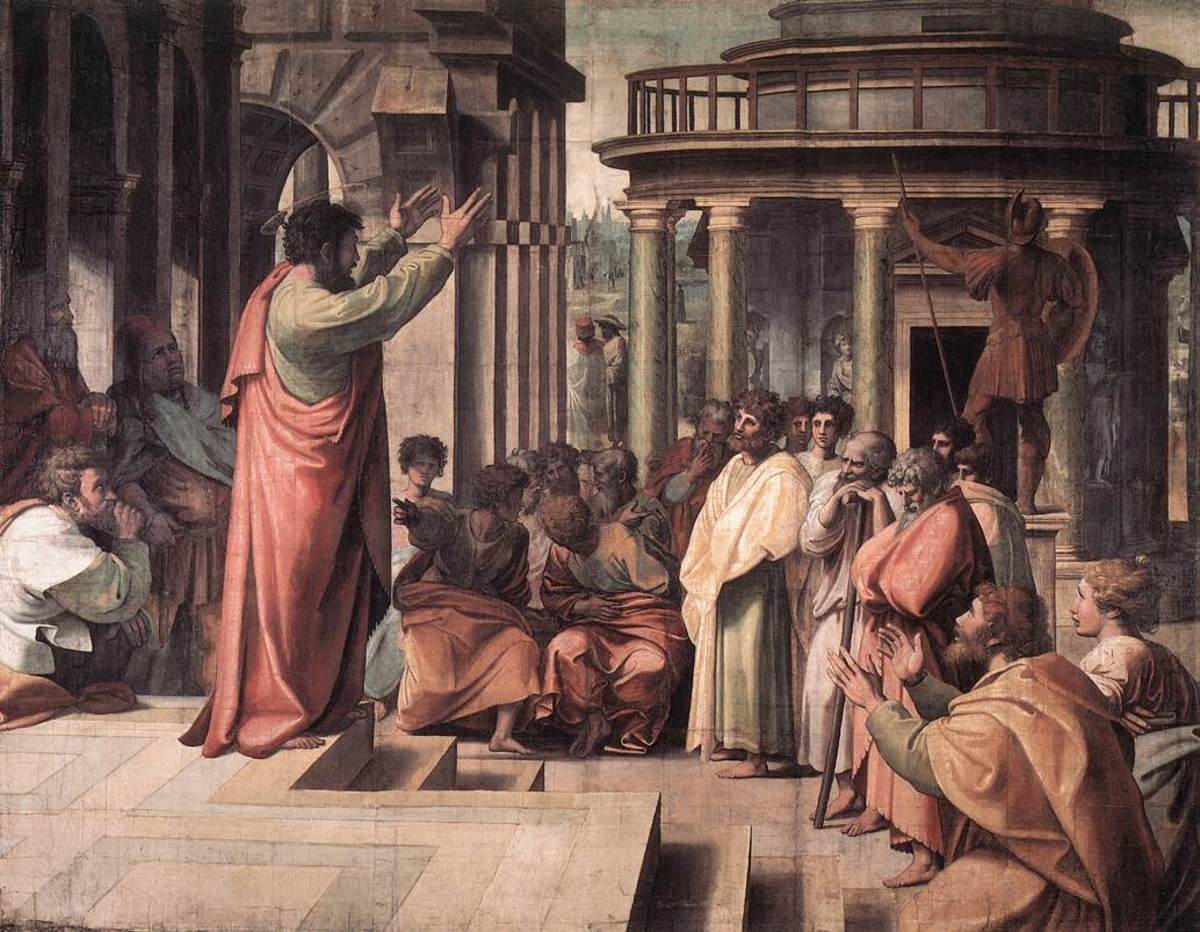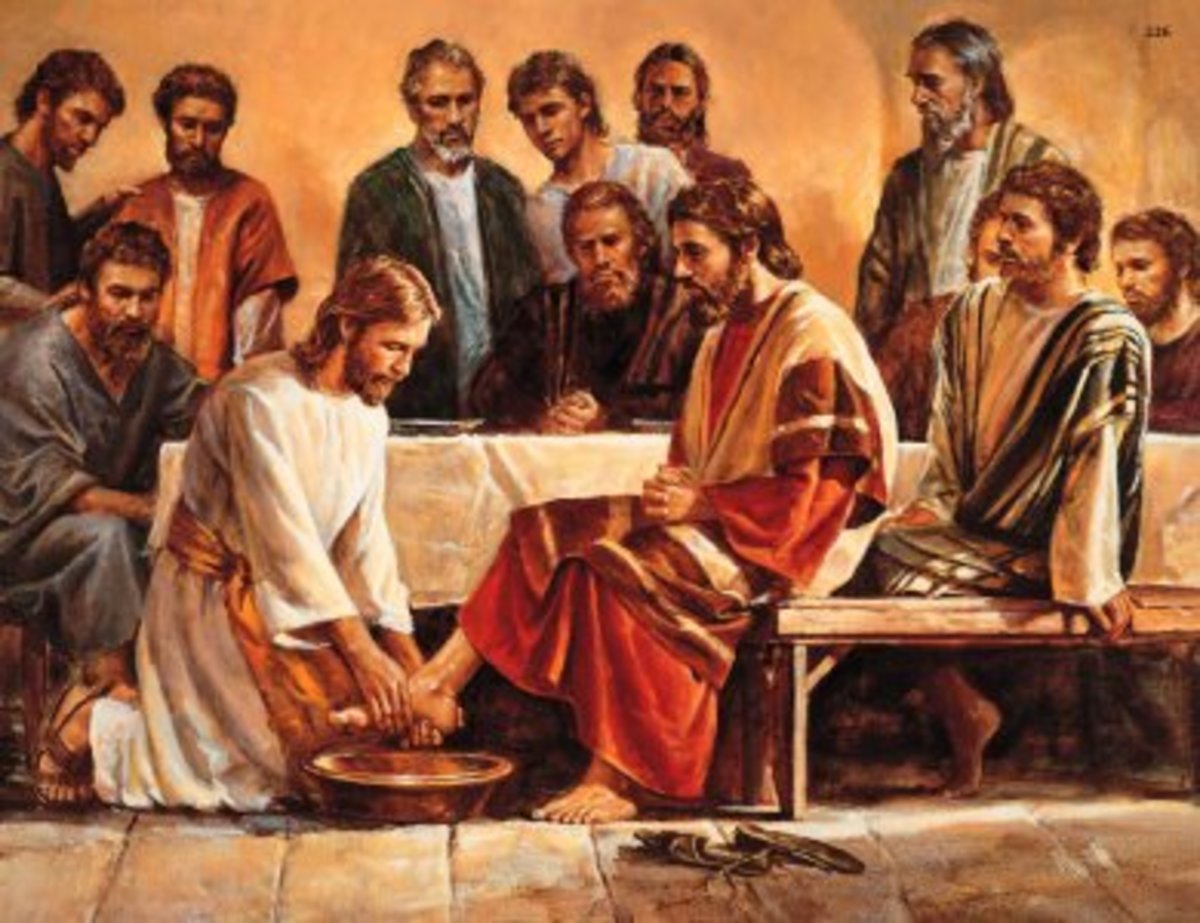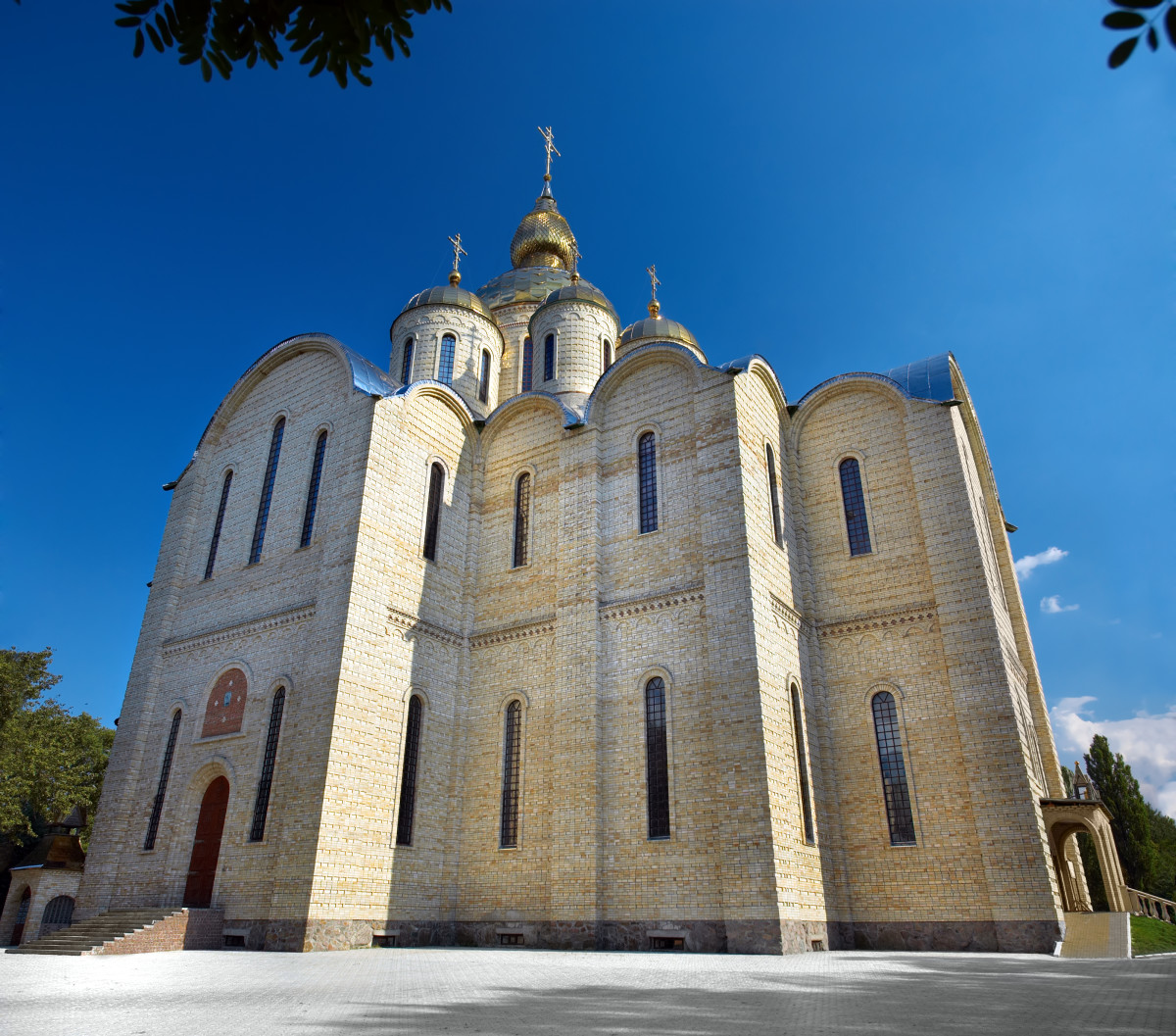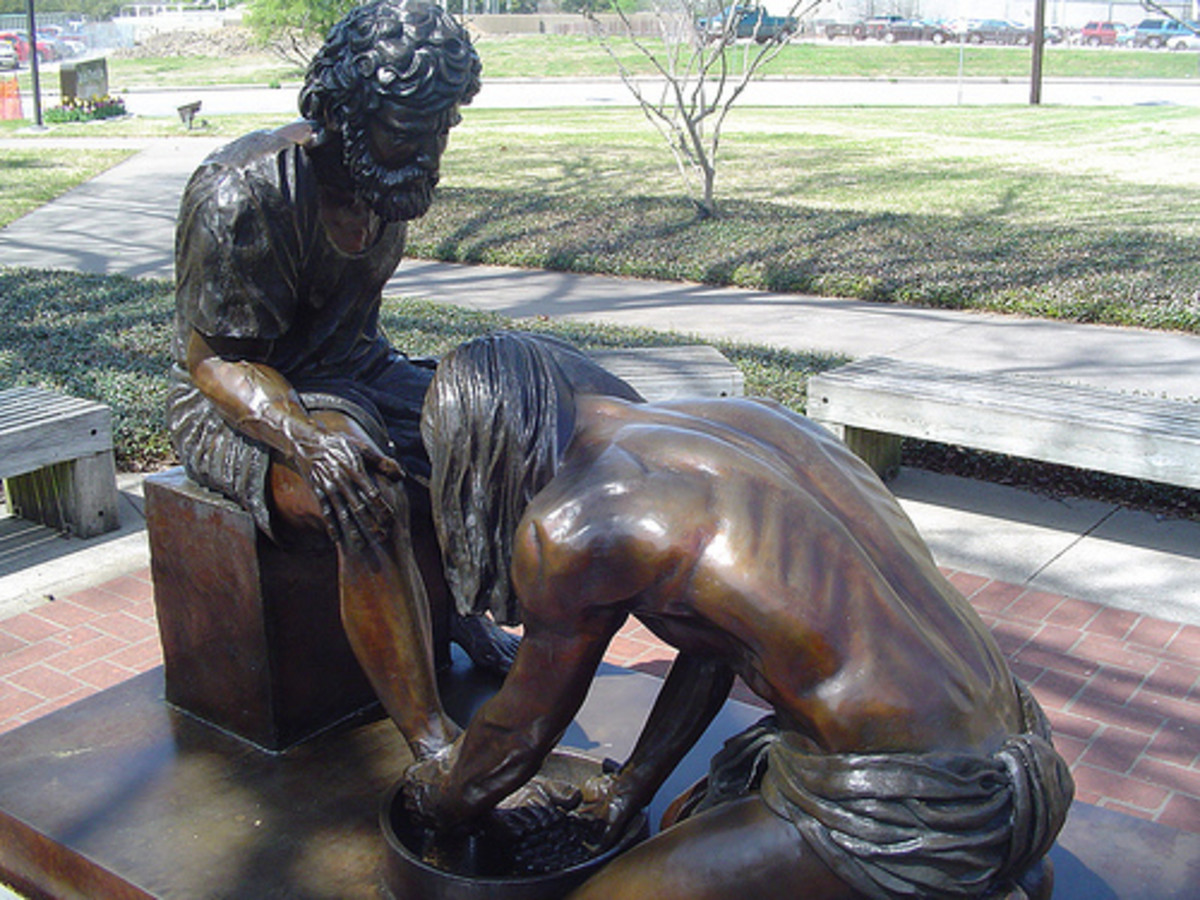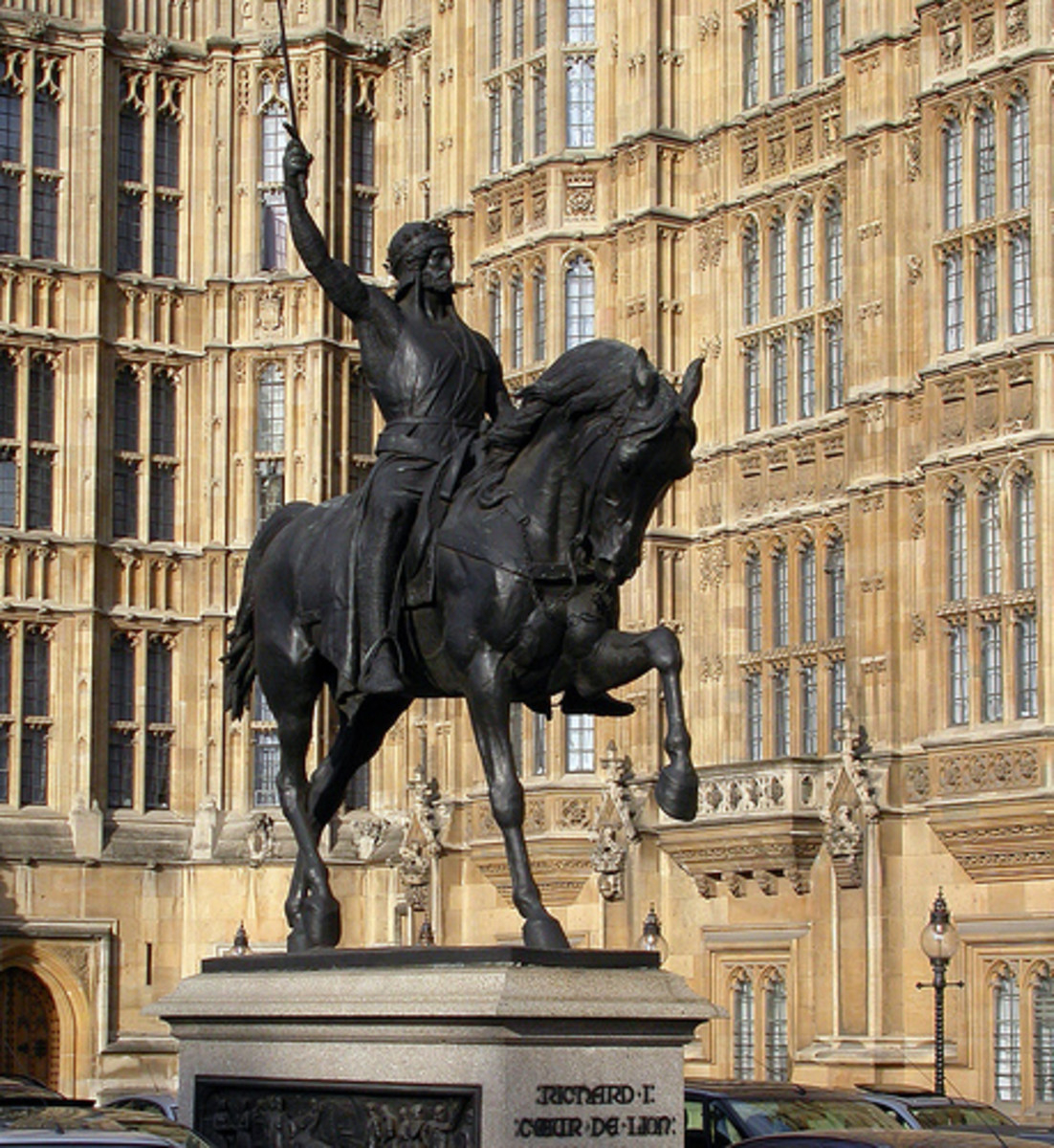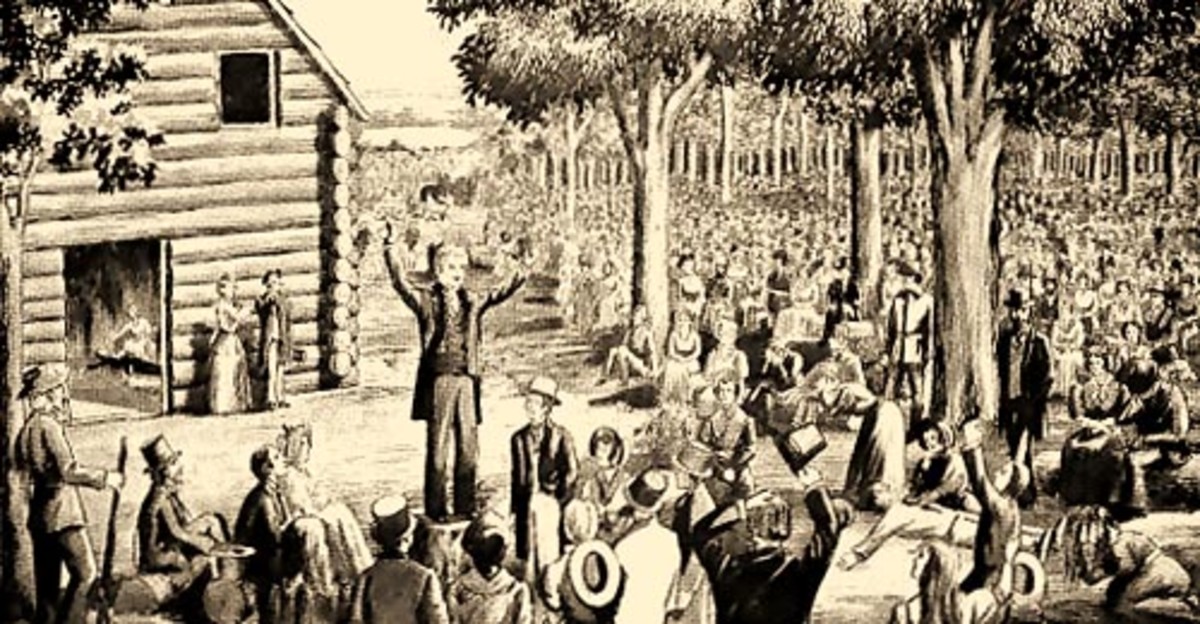SAINT PAUL - The Thirteenth Apostle
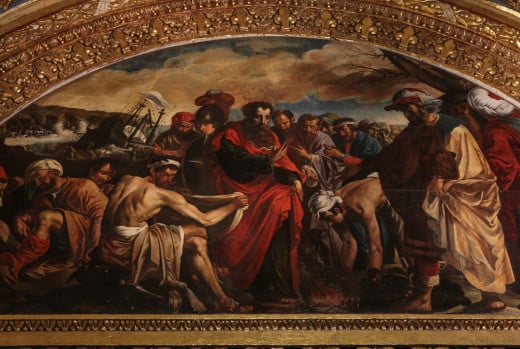
The Thirteenth Apostle
Part I
We are introduced to Saul, who would later become Paul, for the first time in the book of Acts by one of his closest companions, Luke. Strangely enough, this is also the scene of the first Christian martyr, Stephen. See Acts 6:8-8:1.
Paul was born in Tarsus, a gentile city, near the Mediterranean Sea on the southern shore of Turkey. He grew up in a strict Jewish family, trained in the Jewish scriptures and tradition. He learned to read and write at the synagogue day school at an early age by copying passages of Scripture. He learned the ancient Hebrew language; at that time the language had practically grown out of use. Their primary language was Aramaic.
Paul, by all accounts and purposes, was a young boy when his father sent him to Jerusalem to study under the Pharisaic elder ‘Gamaliel’, because during his defense before the Jews at Jerusalem, (Acts 22:1-5), he tells them; though he was born in Tarsus he was “brought up” in Jerusalem. Paul was yet a young man at the time Stephen was martyred as is stated in Acts 7:58.

Conversion of Paul
Saul’s conversion. A.D. 37 (Approximate)
The day that Stephen was stoned to death a great persecution broke out against the Church in Jerusalem. Saul began his campaign to destroy the Church by going from house to house dragging men and women off to prison. See Acts 8:3
According to St. Luke in Acts 9:1 Paul was still making ‘murderous threats’ against the Lords disciples, when he went to the High Priest asking for letters to the synagogues in Damascus, “so that if he found any there who belonged to the Way,” he could take them as prisoners to Jerusalem. After securing the letters Paul set out for Damascus. What happened during his journey is related in detail three (3) times in the Acts account, first by Luke the historian, then in two addresses Paul made at Jerusalem and before Agrippa. Acts 9:3-9; Acts 22:1-13; Acts 26:1-18
It was the Damascus Church that first, reluctantly I’m sure, received Paul at the hand and urging of Ananias. Isn’t it amazing that Paul began preaching Jesus the Christ as the one true Messiah at the same synagogues that he had secured letters to arrest the very people he was embracing as brothers and sisters in Christ.
The narrative in the Acts tells us that he was occupied with the work of preaching the word of God for “many days”, up to the time when danger drove him from Damascus.
Stay tuned for Part II.



